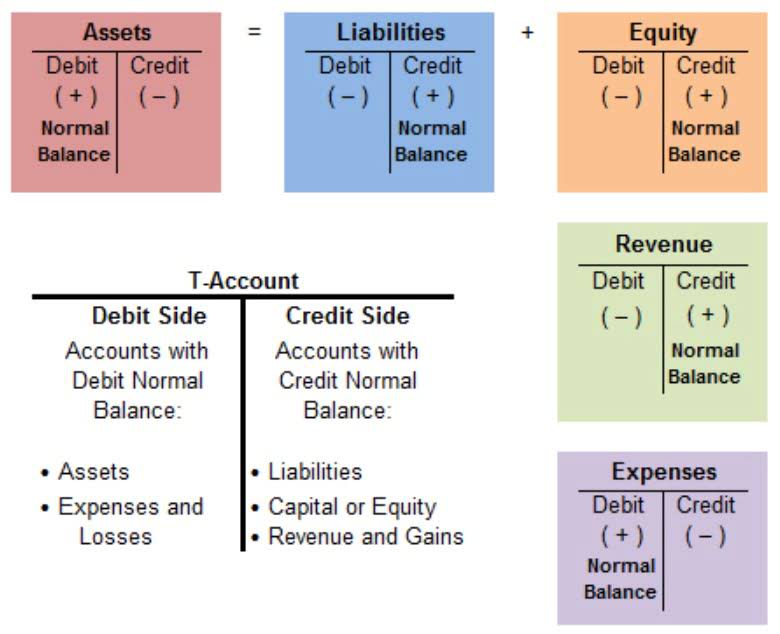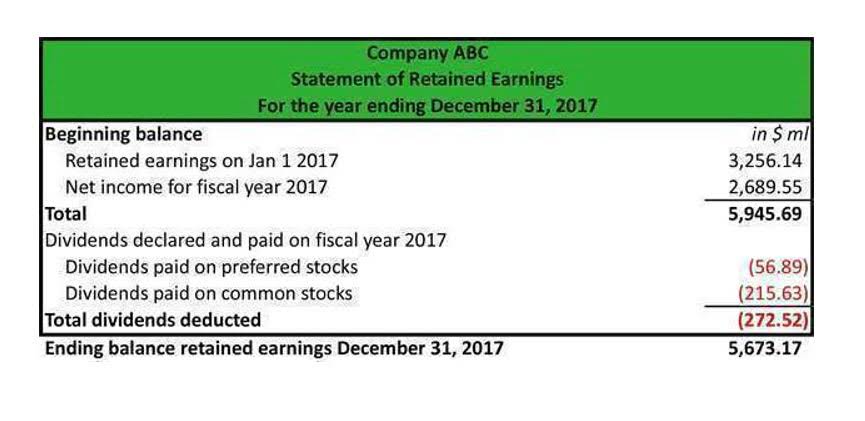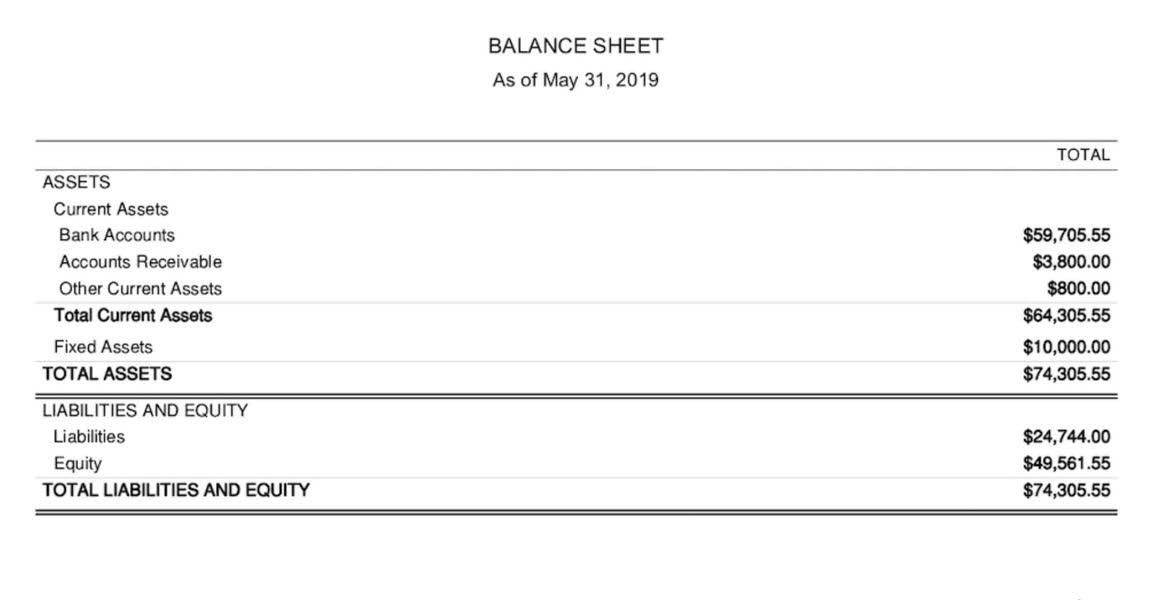
While some banks may still honor stale checks, they are not obligated to do so. If a check becomes stale, the recipient may be unable to cash or deposit it, requiring the issuer to revalidate or reissue the payment. Educating staff on the importance of timely and accurate financial reporting can also play a crucial role in avoiding outstanding check issues. When employees understand the impact that these checks have on the company’s financial clarity, they are more likely to adhere to best practices in payment processing and record-keeping. This cultural shift towards financial diligence can lead to more consistent monitoring and quicker resolution of outstanding https://amodecorar.com/closing-entries-in-accounting-everything-you-need/ items. In short, outstanding checks can mess up bank reconciliations, but there are ways to cut them down.
- This not only ensures that the payee receives their funds but also helps maintain accurate financial records.
- When a check is presented for payment and there are insufficient funds in the account to cover it, the bank may choose to honor the check and charge the account holder an overdraft fee.
- Failure to cooperate with authorities during an arrest can result in serious consequences, and a lawyer can advise you regarding the next steps that you should take.
- It represents an amount of money that has been deducted from the issuer’s account but has not been received by the recipient.
- The payee will find the money didn’t arrive in their account, which could, in turn, even cause them to overdraft their own account.
- Additionally, outstanding warrants can interfere with legal and financial matters.
If you have an outstanding arrest warrant against you, you should contact a local criminal defense lawyer immediately. An experienced criminal defense lawyer can negotiate a reasonable solution to the warrant, and verify if there are any other outstanding warrants against you. Additionally, an attorney will also be able to represent you in court, as needed. Additionally, while there is a statute of limitations for specific criminal charges, other crimes such as murder or homicide will never expire. In terms of the statute of limitations for outstanding arrest warrants, the original charge will never expire until you are arrested.
- This can lead to complications when reconciling accounts and maintaining accurate financial records.
- See the ‘Account’ tab of Settings by tapping the gear icon on the Greenlight app home page to confirm when your risk-free trial ends.
- Consider online payment if you want to avoid Outstanding Checks altogether.
- If a check was issued to you and it’s still outstanding after six months, contact the check issuer and request a replacement.
- For the issuer, this means funds are accounted for internally but not yet withdrawn from their account.
- Imagine checking your mailbox for an important letter—you want to ensure that the message was received and understood.
What Are The Consequences Of An Outstanding Warrant? Are There Any Defenses?
Anthony Nguyen, founder of Bankcheckingsavings.com, has a passion for finding the best deals, bank promotions, credit card offers, cash back, points & miles, and everything in between. Patriot’s online accounting software lets you record your transactions with a few easy clicks. To adjust your records for outstanding deposits, subtract the outstanding deposit from your books. Ignoring an outstanding warrant can escalate legal problems, including additional charges for failure to appear in court.

Online Bill Pay
Implementing these strategies can greatly reduce the risk to cash flow stability posed by outstanding checks, keeping financial management on track and what does it mean if a check is outstanding reliable. For individuals, the risk lies in overspending and the potential for overdraft fees should the outstanding check be presented for payment unexpectedly. If you’ve issued an outstanding check, you need to monitor your account. The money to cover the check must be available when your recipient deposits the check. This process involves aligning your bank statement with your records to ensure accuracy.
Q: What is an outstanding check?

To create a budget, start by calculating your monthly income after taxes. Then, make a list of all your fixed expenses, such as rent or mortgage payments, utilities, and transportation costs. Next, estimate your variable expenses, such as groceries, entertainment, and clothing. Allocate a specific amount for each category and be sure to leave room for savings. I’ll definitely check out that service if my payment doesn’t update by Monday.
What Is An Outstanding Check? How Do They Work?

Outstanding checks also provide the opportunity for payment delays, which can be advantageous when it comes to managing cash flow. Even if the checkwriter has sufficient funds, any delay from the depositor simply means higher interest revenue on the capital balance waiting to be drawn down. An outstanding check is a check payment that is written by someone but has not been cashed or deposited by the payee. The payor is the entity who writes the check, while the payee is the person or institution to whom it is written. An outstanding check also refers to a check that has been presented to the bank but is still in the bank’s check-clearing cycle. Make it a habit to review your account statements as soon as they become available.

- You can know if a check has been cashed by checking your bank statement or contacting your bank to inquire about the status of the check.
- While the lower number of outstanding shares often hampers liquidity, it could also deter short sellers since it becomes more difficult to borrow shares for short sales.
- Another important strategy for avoiding an outstanding balance is to regularly check your account statements.
- Because of this, keeping correct financial records can be difficult, and it may lead to problems during audits or when reconciling finances.
- Keeping track of multiple uncashed checks over a long period of time makes it easier to accidentally spend the money that was set aside for a check and incur overdraft fees.
- This means the cash is “gone” in your records but still sitting untouched in the bank.
Outstanding checks are checks that have been issued but not yet presented for payment or cleared by the bank. They represent pending transactions where the funds have not yet been deducted from the issuer’s account. These checks can pose risks such as overdrawing the account, potential fraud, accounting discrepancies, and delayed financial reporting. As businesses have to abide by the unclaimed property laws, any checks that have been outstanding for a long time must be remitted to the state as unclaimed property. As such, there is no incentive to wish for an outstanding check to permanently never be cashed as the payment is subsequently owed to the government for holding.
This can help provide real-time information about your outstanding checks and account balances, reducing the likelihood of checks going unnoticed. By taking these steps, they can streamline the transaction process, reduce the likelihood of errors, and safeguard their financial interests. In the following sections, we will discuss these concerns in detail and provide practical strategies to manage outstanding checks effectively. Compare the deposits listed on the bank statement with the deposits on the company’s books.
Never heard of it before but sounds way better than calling 50+ times a day. The issuance of a warrant by law enforcement is Law Firm Accounts Receivable Management grounded in legal standards and constitutional protections. If you hold onto a check for too long, it can go stale (usually after 180 days) or even get lost.
Outstanding checks affect the accuracy of account balances, leading to potential misinterpretations of available funds. When a check is issued, the payer’s account balance is reduced by the check amount, even though the funds have not been withdrawn by the payee. This discrepancy can create an inflated perception of available cash, risking overspending or misallocation of resources.


